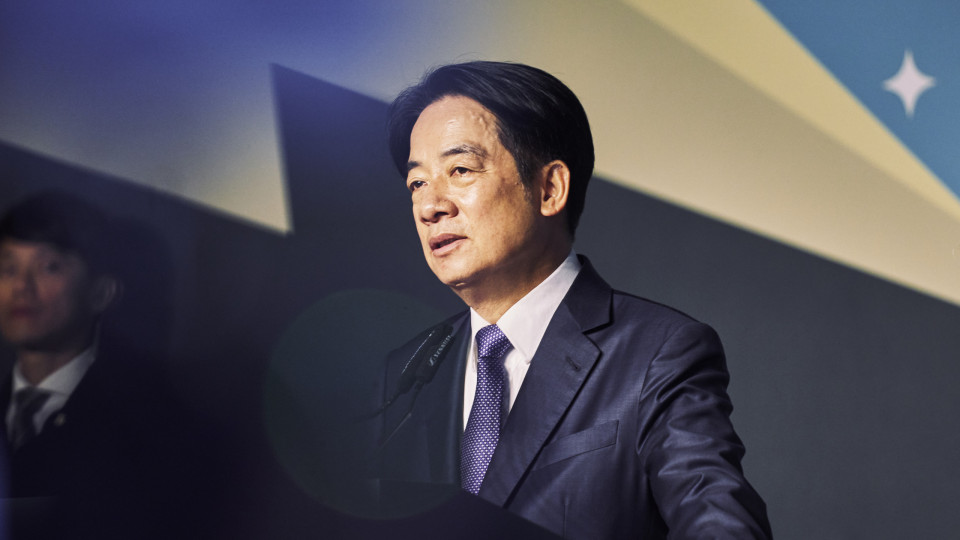Chinese press accuses Lai of "blatantly promoting independence"
China's state media on Tuesday accused new Taiwan leader William Lai of "stirring up confrontation" and "blatantly pushing for the island's independence" in his inauguration speech.

© An Rong Xu/Bloomberg via Getty Images

Mundo Líder de Taiwan
Lai "has vigorously promoted separatist fallacies, instigated confrontation and hostility between the two sides of the Taiwan Strait," the editorial said, denouncing the speech as "full of provocative rhetoric."
In particular, the People's Daily condemned Lai's support for the "two-state theory" and the idea that the island is not subordinate to the People's Republic of China.
The official newspaper of the Chinese military, the PLA Daily, said that Lai's words "are full of sinister intentions" and accused the new leader of Taiwan of "seeking independence with the help of external forces and using military force to achieve it, once again revealing his obstinate position on 'Taiwan independence.'"
The article warned that Lai's words would only serve to further divide the island from the mainland and increase tensions between the two sides.
In his inaugural address, William Lai said that the Republic of China (Taiwan's official name) and the People's Republic of China "are not subordinate to each other" and that the island's sovereignty belongs to its 23 million people.
"Some people call this land the Republic of China, some call it Taiwan, and some call it Formosa. But no matter what its name, our nation will continue to shine," he said in his speech.
The 23-million-strong territory operates as a de facto sovereign political entity, with its own diplomacy and military, although it has never formally declared independence.
Lai argued that Beijing must "face the reality of the existence of the Republic of China."
The official Xinhua news agency warned that "those who play with fire will get burned."
Unlike his predecessor Tsai Ing-wen, who recognized the "1992 Consensus" — a tacit agreement between Beijing and Taipei that there is only one China, but each side has its own interpretation of what constitutes "China" — Lai made no mention of it.
The People's Daily accused the leader of having "long been engaged in separatist activities while pretending to be an advocate of peace."
"This is the most shameless and unscrupulous act," it charged.
The mouthpiece of the Chinese regime wrote that the Chinese nation shares the conviction that "its territory cannot be divided, its state cannot be chaotic, its people cannot be dispersed, and its civilization cannot be broken."
"This is a historical necessity and an internal logic that will inevitably lead to the reunification of China," it said.
At the end of World War II, Taiwan became part of the Republic of China, under the Nationalist government of Chiang Kai-shek.
After their defeat by the Communist Party in the Chinese Civil War in 1949, the Nationalist government retreated to the island, which still officially calls itself the Republic of China, as opposed to the People's Republic of China, the regime that then came to power on the Chinese mainland.
Beijing considers Taiwan to be a province of its own and has warned that a formal declaration of independence would be seen as a declaration of war.
Read Also: Opposition criticizes "two-country doctrine" of Taiwan's new leader (Portuguese version)

Descarregue a nossa App gratuita.
Oitavo ano consecutivo Escolha do Consumidor para Imprensa Online e eleito o produto do ano 2024.
* Estudo da e Netsonda, nov. e dez. 2023 produtodoano- pt.com



